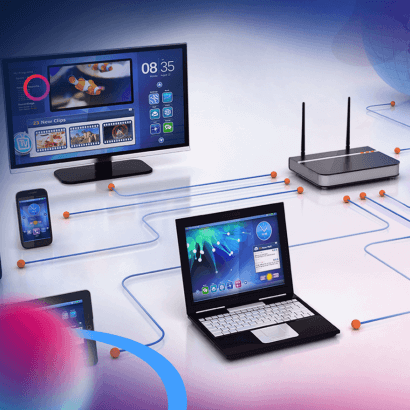Understanding port forwarding

Port forwarding, also commonly known as port mapping, is a way to let devices connected on the local network to communicate with devices which are outside of your network. While it is not necessary in everyday uses of the internet such as gaming or streaming, it has its value. In this article, I will give a couple of scenarios where port forwarding can improve efficiency:
Connecting to gaming servers
One of the most common uses for port forwarding is in gaming. As previously mentioned, port forwarding is not necessary for the majority of online games. It may, however, be helpful if you are not able to connect to a specific game at all. Port forwarding makes your gaming PC or console accessible to other gaming PCs or consoles. So, it will allow you to play peer-hosted games.
Connecting to your CCTV
Through port forwarding, you can easily access your feeds from security cameras from any location with internet access.
VoIP calls
Port forwarding can be used to enhance communication between the devices connected to the internet. So, in the case of your VoIP calls, it will assist in maintaining uninterrupted access to a VoIP call server.
Virtual desktop and Backups
You can access your desktop and application even if you are not connected to the local network through port forwarding. You can also access your backup on those hard-to-reach servers without being physically there.
Security is always a concern, so it is important that you use port forwarding safely. Applying regular safety measures like keeping your Wi-Fi network secured, keeping your firewall on and downloading only from trusted sources should be sufficient.
To conclude, port forwarding is a function you can do fine without in day-to-day online activities. It will not decrease your latency or improve your speeds, but it has its advantages. If used correctly, it can improve specific functions. Please share your thoughts in the comments section below or on our social media pages.

 Blog
Blog
Leave a Comment